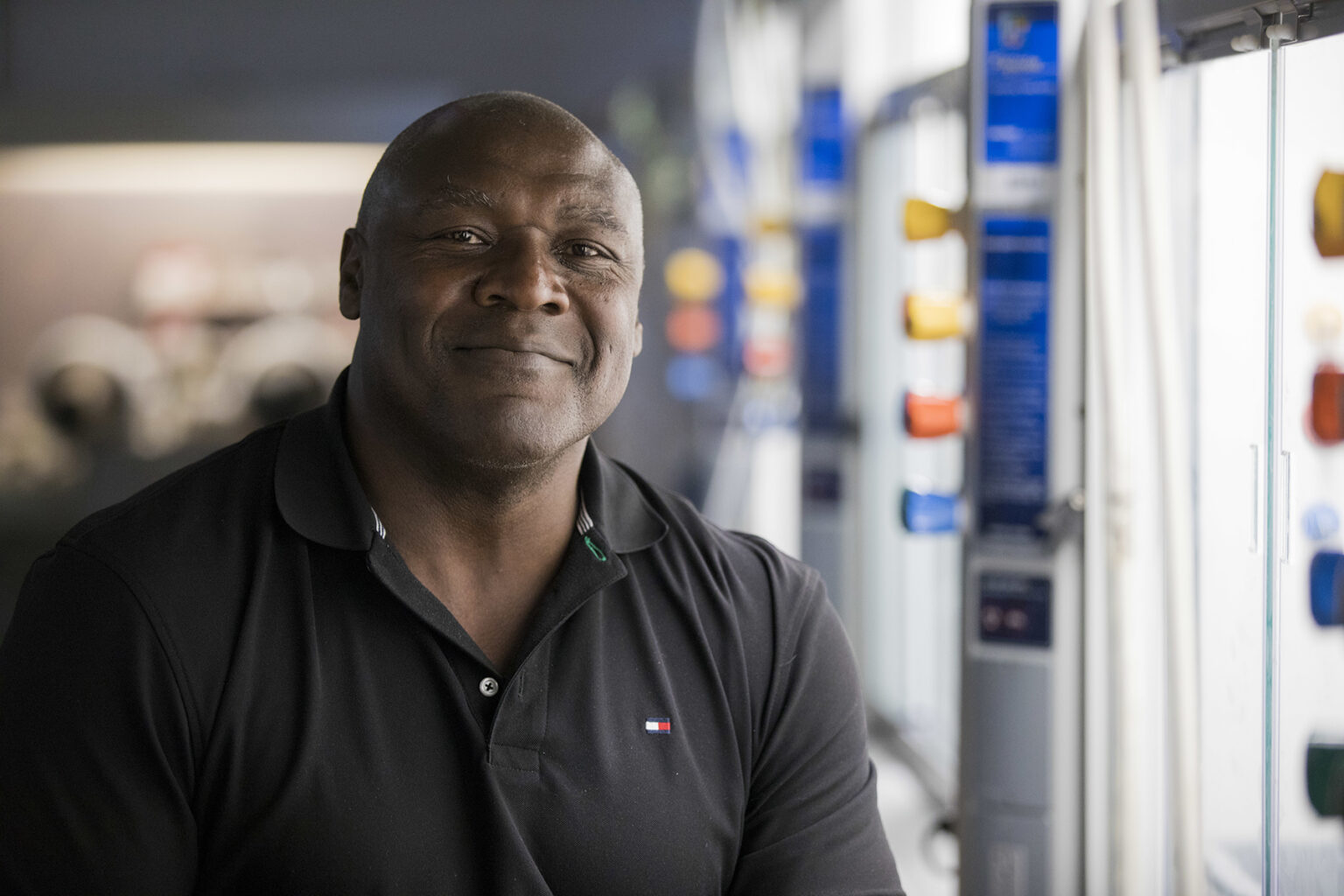A team of University of Georgia faculty, staff and administrators are in the early stages of a comprehensive effort to increase faculty diversity and the use of inclusive teaching practices in STEM fields.
Among their first steps is a survey of the university’s STEM faculty to gather input and assess current efforts to recruit and retain diverse faculty.
“We want to accurately assess our past efforts in our quest to recruit and retain a diverse STEM faculty and use this to influence how we can improve as we move forward,” said Gregory Robinson, UGA Foundation Professor of Chemistry and the lead faculty member coordinating UGA’s participation in the IChange Network.
At the institutional level, the university’s Office of Faculty Affairs administers training for search committees on implicit biases and the best practices for recruitment of a diverse hiring pool. A Planning Committee on Diversity and Inclusive Excellence charged by President Jere W. Morehead is developing a comprehensive diversity plan, with specific goals and measures of success, that builds on UGA’s most recent diversity plan. Units such as the College of Engineering have implemented diversity and inclusion plans that seek to foster student and faculty diversity.
“If we want to create a stronger society through science, technology, engineering and mathematics, we must first create a far more diverse and inclusive talent pool in these disciplines,” said Donald Leo, dean of the College of Engineering. “Our college is eager to participate in the IChange Network since it will help us recruit and retain a diverse pool of faculty in engineering.”
Members of the university’s IChange team will use the campus survey as a starting point for an institutional action plan, but many have already begun implementing new programs in their units. The Plant Center, for example, is hosting a series of professional development workshops that include an emphasis on expanding participation in plant sciences.
UGA’s participation in the IChange Network complements several programs funded by the National Science Foundation that are focused on increasing diversity in STEM fields at UGA. The Peach State Louis Stokes Alliance for Minority Participation began in 2005 and provides academic enrichment, financial support, peer and faculty mentoring, and research opportunities for students at UGA, as well as five other University System of Georgia institutions. At the graduate level, the Bridge to the Doctorate program supports LSAMP alumni as they pursue doctoral degrees. In addition, the Department and Leadership Teams for Action project, also known as the DeLTA project, involves more than 100 faculty members and seeks to promote the use of evidence-based teaching methods, with the promotion of inclusion and diversity as one of its core commitments.
“The IChange project provides an exciting opportunity for the University of Georgia to build an infrastructure of success in the recruitment, retention and engagement of diverse faculty in STEM,” said Michelle Cook, vice provost for diversity and inclusion and strategic university initiatives. “Lessons learned through this initiative have the potential to translate into best practices across the institution.”
IChange Team Members
- Yohannes Abate, Susan Dasher and Charles Dasher MD Professor of Physics, Franklin College of Arts and Sciences
- Angela Birkes, director, Peach State Louis Stokes Alliance for Minority Participation
- Karen Burg, Harbor Lights Chair in Biomedical Research and professor of small animal medicine and surgery, Colleges of Veterinary Medicine and Engineering
- Tim Burg, professor of veterinary biosciences and diagnostic imaging in the College of Veterinary Medicine and director of UGA’s Office of STEM Education
- Michelle Cook, vice provost for diversity and inclusion and strategic university initiatives
- Mark Farmer, professor and interim head, Department of Cellular Biology, Franklin College of Arts and Sciences
- Donald Leo, dean, College of Engineering
- Mary Moore, institutional research analyst III, Office of Institutional Research
- Gregory Robinson, UGA Foundation Professor of Chemistry, Franklin College of Arts and Sciences
- Ron Walcott, vice provost for graduate education and dean of the Graduate School; professor of plant pathology, College of Agricultural and Environmental Sciences
- Elizabeth Weeks, vice provost for faculty affairs
To learn more about UGA’s participation in the IChange Network, see https://provost.uga.edu/ichange/.

